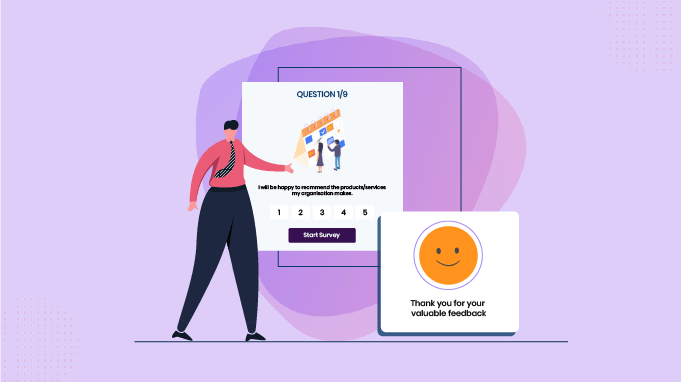Employee engagement has become a critical focal point for organizations aiming to foster a productive, innovative, and loyal workforce. In this context, employee engagement survey tools play an indispensable role. These tools not only measure engagement levels but also provide actionable insights to enhance overall workplace dynamics. This blog delves into why employee engagement survey tools are essential, their key features, and highlights some top tools available in the market.
The Importance of Employee Engagement
Employee engagement refers to the emotional and cognitive connection that employees feel towards their workplace. Engaged employees are more likely to go the extra mile, contribute to innovation, and remain committed to their organization. Here’s why understanding and enhancing employee engagement is vital:
- Boosts Productivity: Engaged employees are more productive, contributing to higher organizational efficiency and output.
- Reduces Turnover: High engagement levels correlate with lower employee turnover, saving costs associated with hiring and training new staff.
- Enhances Customer Satisfaction: Engaged employees tend to provide better customer service, leading to higher customer satisfaction and loyalty.
- Fosters Innovation: Engaged employees are more likely to contribute creative ideas and solutions.
- Improves Workplace Morale: A highly engaged workforce promotes a positive and collaborative work environment.
Why Employee Engagement Survey Tools are Essential
1. Measuring Engagement Accurately
Employee engagement survey tools are designed to measure engagement levels accurately. They provide a structured approach to gather data on employee sentiments, ensuring that the organization gets a clear picture of how engaged its employees are.
2. Identifying Key Drivers of Engagement
These tools help in identifying the key drivers of engagement within the organization. By understanding what motivates employees and what factors contribute to their engagement, organizations can tailor their strategies to enhance these aspects.
3. Facilitating Open Communication
Employee engagement surveys provide a platform for employees to voice their opinions and concerns anonymously. This fosters open communication and trust, as employees feel their feedback is valued and taken seriously.
4. Guiding Strategic Decisions
The insights derived from employee engagement surveys can guide strategic decisions. Organizations can use this data to implement changes that directly address employee concerns, leading to a more engaged and satisfied workforce.
5. Monitoring Progress Over Time
Regularly conducting engagement surveys allows organizations to track progress over time. This helps in assessing the effectiveness of engagement strategies and making necessary adjustments.
Key Features of Effective Employee Engagement Survey Tools
To maximize the benefits of employee engagement surveys, it’s crucial to choose a tool with the right features:
Customization
An effective survey tool should offer customization options, allowing organizations to tailor questions to their specific needs and context. This ensures the data collected is relevant and actionable.
User-Friendly Interface
A user-friendly interface is essential for ensuring high participation rates. Both administrators and employees should find the tool easy to navigate and use.
Advanced Analytics and Reporting
Robust analytics and reporting features help in interpreting survey results. Look for tools that offer detailed reports, data visualization, and trend analysis.
Anonymity and Confidentiality
Ensuring respondents’ anonymity is crucial for obtaining honest feedback. Choose a tool that guarantees confidentiality to encourage employees to share their true feelings.
Integration Capabilities
The ability to integrate with existing HR systems and other software is important for seamless data management. Integration helps in consolidating data and deriving comprehensive insights.
Actionable Insights
Tools that provide actionable insights and recommendations based on survey results can help guide strategic planning and improvement initiatives.










